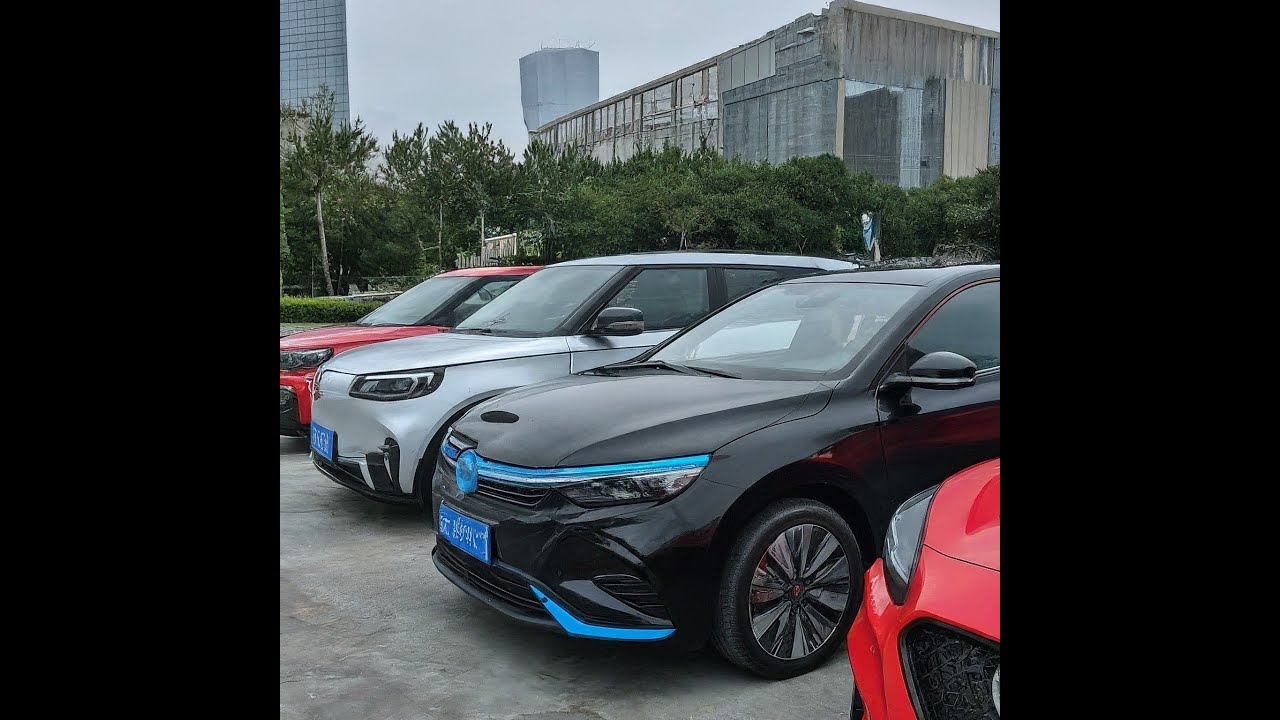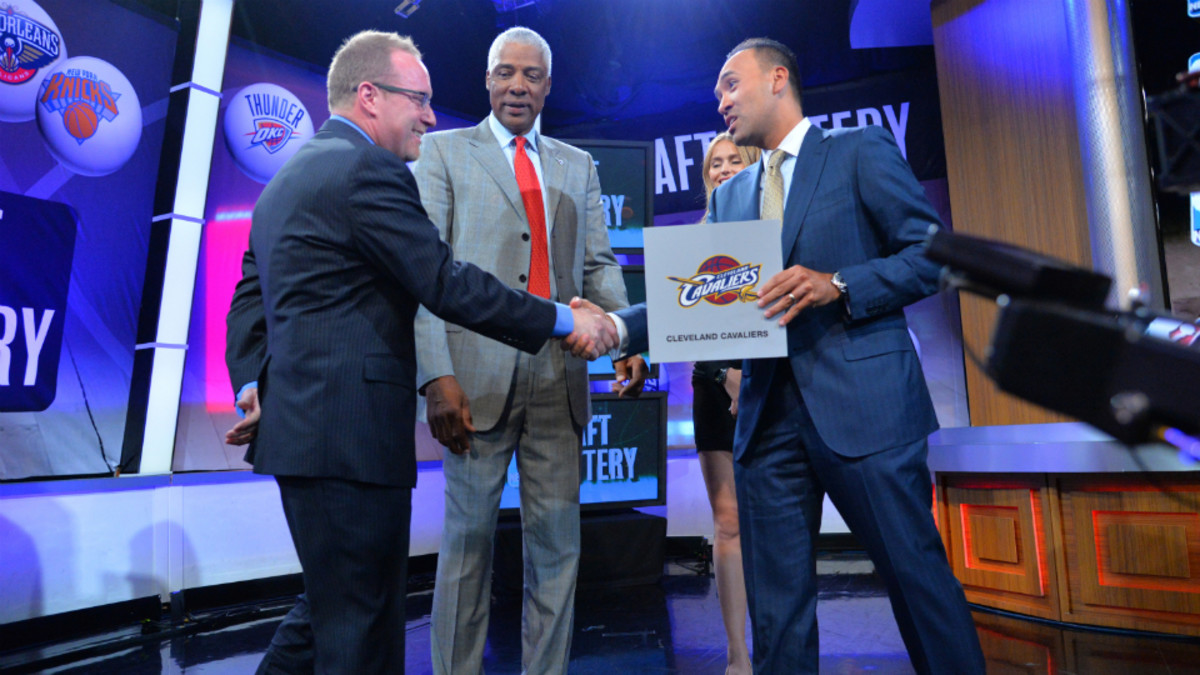Brazil's EV Future: A Showdown Between BYD And Ford's Legacy

Table of Contents
BYD's Aggressive Push into the Brazilian EV Market
BYD's strategy in Brazil is characterized by aggressive pricing and a diverse portfolio of models, including the popular Tang, Han, and the more affordable Dolphin. This approach targets various market segments, aiming for rapid market penetration.
BYD's Market Strategy in Brazil:
- Successful Models: The BYD Tang SUV and the Han sedan have seen strong sales figures, capturing significant market share within their respective segments.
- Marketing Campaigns: BYD has employed targeted marketing campaigns highlighting the affordability and technological features of its EVs, resonating with Brazilian consumers.
- Local Partnerships: Collaborations with local businesses have strengthened BYD's distribution network and enhanced customer reach.
- Charging Infrastructure: BYD is investing in the expansion of its charging infrastructure, addressing a crucial barrier to EV adoption in Brazil. Keywords: BYD Brazil sales, BYD electric cars Brazil, BYD pricing strategy Brazil.
Technological Advantages of BYD Vehicles:
BYD's innovative Blade Battery technology offers superior energy density and safety compared to traditional lithium-ion batteries. This, coupled with its efficient manufacturing processes, allows BYD to offer competitive pricing and impressive vehicle performance.
- Battery Technology Comparison: BYD's Blade Battery boasts a higher energy density and improved safety features compared to competitors, addressing range anxiety concerns.
- Key Features for Brazilian Consumers: Features like extended range, robust safety systems, and advanced technology are appealing to the Brazilian market, driving consumer interest. Keywords: BYD Blade Battery, BYD technology, EV battery technology Brazil.
Ford's Legacy and its EV Response in the Brazilian Market
Ford boasts a long and established presence in Brazil, enjoying strong brand recognition and a loyal customer base built over decades. However, its response to the burgeoning EV market presents both opportunities and challenges.
Ford's Historical Presence in Brazil:
- Market Share: Historically, Ford held a significant market share in Brazil's automotive sector. This established presence provides a strong foundation for its EV rollout.
- Manufacturing Facilities: Existing manufacturing facilities can be leveraged for EV production, reducing initial investment costs.
- Customer Loyalty: A strong customer base provides a built-in advantage, although converting loyal customers to EVs requires careful strategy. Keywords: Ford Brazil market share, Ford history Brazil, Ford legacy Brazil.
Ford's Electric Vehicle Strategy in Brazil:
Ford's EV strategy in Brazil remains a work in progress. The company needs to address the challenges posed by BYD's aggressive pricing and technological advancements.
- EV Model Offerings: While specifics remain limited, Ford will need a strong portfolio of competitively priced and technologically advanced EVs to capture market share.
- Pricing: Competitive pricing, mirroring or undercutting BYD's offerings, will be crucial for success.
- Competition Challenges: Overcoming BYD's early mover advantage and aggressive marketing will require a robust strategy.
- Government Support: Seeking government support and incentives will be vital in navigating regulatory hurdles and boosting market acceptance. Keywords: Ford electric cars Brazil, Ford EV strategy Brazil, Ford competition Brazil.
Government Policies and Infrastructure Development
Government initiatives play a crucial role in accelerating EV adoption in Brazil. Incentives and investments in charging infrastructure are vital to overcome consumer hesitancy.
Government Incentives for EV Adoption:
- Tax Breaks and Subsidies: Government tax breaks and subsidies for EV purchases can significantly reduce the upfront cost, encouraging wider adoption.
- Impact of Policies: Effective policies can create a snowball effect, accelerating EV market growth and attracting further investment.
- Implementation Challenges: Ensuring fair and effective implementation of incentive programs remains a challenge. Keywords: Brazil EV incentives, government support for EVs Brazil, EV infrastructure Brazil.
Charging Infrastructure and Range Anxiety:
Range anxiety is a major barrier to EV adoption. Addressing this requires significant investment in charging infrastructure.
- Current Status: Currently, the density of charging stations in Brazil is relatively low, but the government is working to increase this number.
- Government Plans: Government plans for expanding the charging network are crucial for fostering consumer confidence.
- Private Sector Involvement: Private sector involvement in building and managing charging stations will be essential. Keywords: EV charging stations Brazil, range anxiety Brazil, EV infrastructure challenges Brazil.
Consumer Preferences and Market Outlook
Understanding Brazilian consumer attitudes towards EVs is crucial for predicting future market trends.
Brazilian Consumer Attitudes towards EVs:
- Price Sensitivity: Brazilian consumers are generally price-sensitive, meaning affordable EVs will be key to widespread adoption.
- Environmental Concerns: Growing awareness of environmental issues is driving interest in sustainable transportation options.
- Technological Advancements: Consumers are attracted to advanced features and technologies found in many EVs.
- Barriers to Adoption: High upfront costs, limited charging infrastructure, and lack of awareness remain significant barriers. Keywords: Brazilian EV consumers, EV adoption rate Brazil, consumer preferences for EVs Brazil.
Future Market Projections for Brazil's EV Sector:
Experts predict significant growth in Brazil's EV market, though the pace will depend on various factors.
- Market Forecasts: Industry analysts project substantial growth in EV sales over the coming decade.
- Growth Drivers: Government incentives, decreasing battery costs, and growing consumer awareness are key growth drivers.
- Challenges to Growth: Economic fluctuations, import tariffs, and the overall state of the Brazilian economy could impact growth. Keywords: Brazil EV market forecast, future of EVs Brazil, Brazil EV market growth.
Conclusion: The Ongoing Showdown and the Future of Brazil's EV Market
The competition between BYD and Ford in Brazil's burgeoning EV market is shaping the nation's automotive future. BYD's aggressive strategy and technological advancements have made a significant impact, but Ford's established legacy and potential access to government support present a formidable counterpoint. The success of both companies will depend on adapting to evolving consumer preferences, addressing range anxiety through improved charging infrastructure, and navigating government policies effectively. The Brazilian EV market remains dynamic and exciting, with considerable potential for growth. Stay informed about the latest developments in Brazil's EV market, follow the exciting competition between BYD and Ford, and research the latest electric vehicle options available to make an informed decision for your next vehicle.

Featured Posts
-
 Venezia Y Atalanta Resultado Final 0 0 Sin Goles
May 13, 2025
Venezia Y Atalanta Resultado Final 0 0 Sin Goles
May 13, 2025 -
 Winterwatch Checklist Everything You Need For A Successful Trip
May 13, 2025
Winterwatch Checklist Everything You Need For A Successful Trip
May 13, 2025 -
 Britain And Australia Selective Justice In Myanmars Political Crisis
May 13, 2025
Britain And Australia Selective Justice In Myanmars Political Crisis
May 13, 2025 -
 Nba Draft Lottery Rules Explained Simply
May 13, 2025
Nba Draft Lottery Rules Explained Simply
May 13, 2025 -
 Packhams Scathing Bbc Critique Of Trumps Climate Change Decision
May 13, 2025
Packhams Scathing Bbc Critique Of Trumps Climate Change Decision
May 13, 2025
